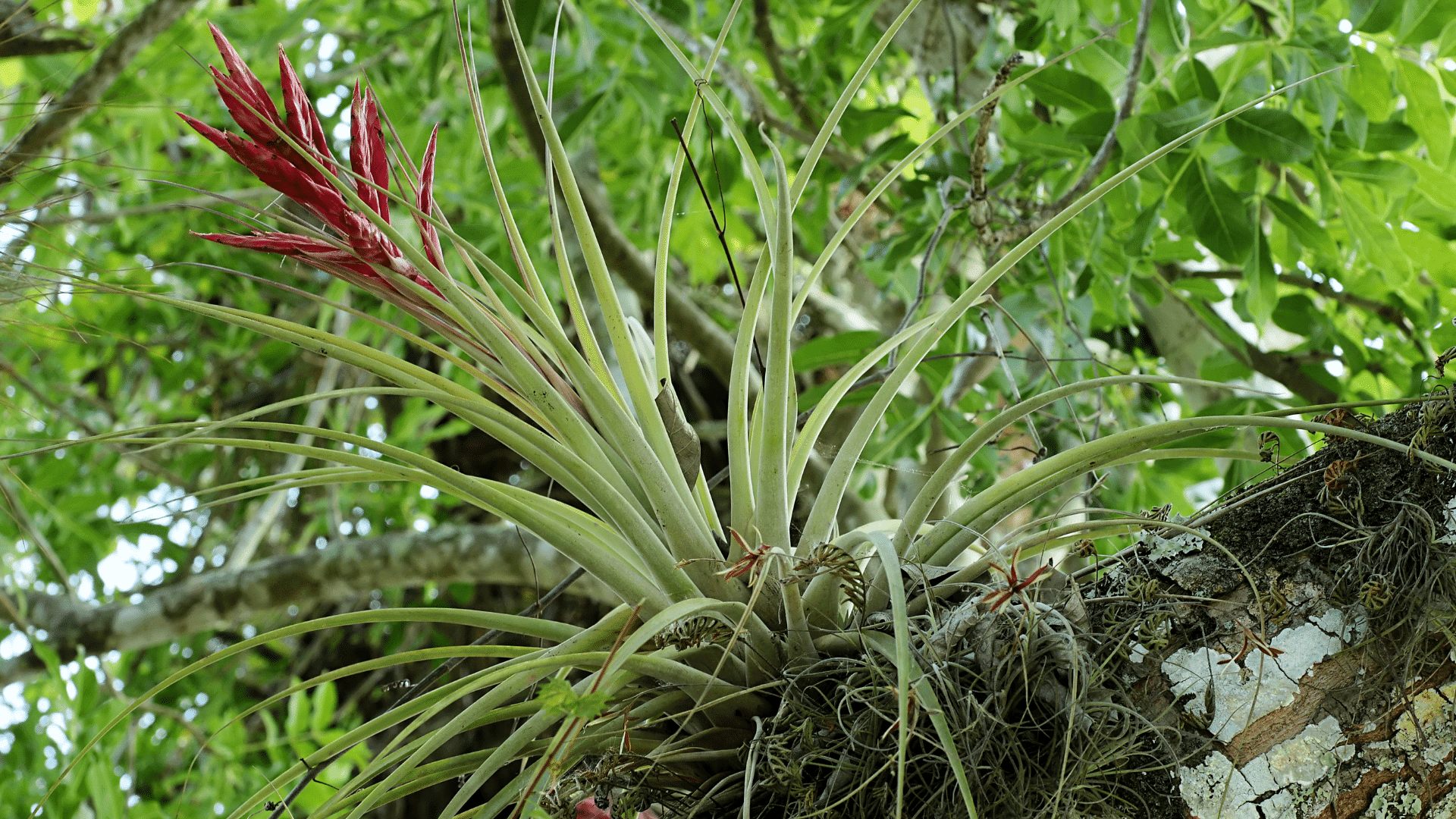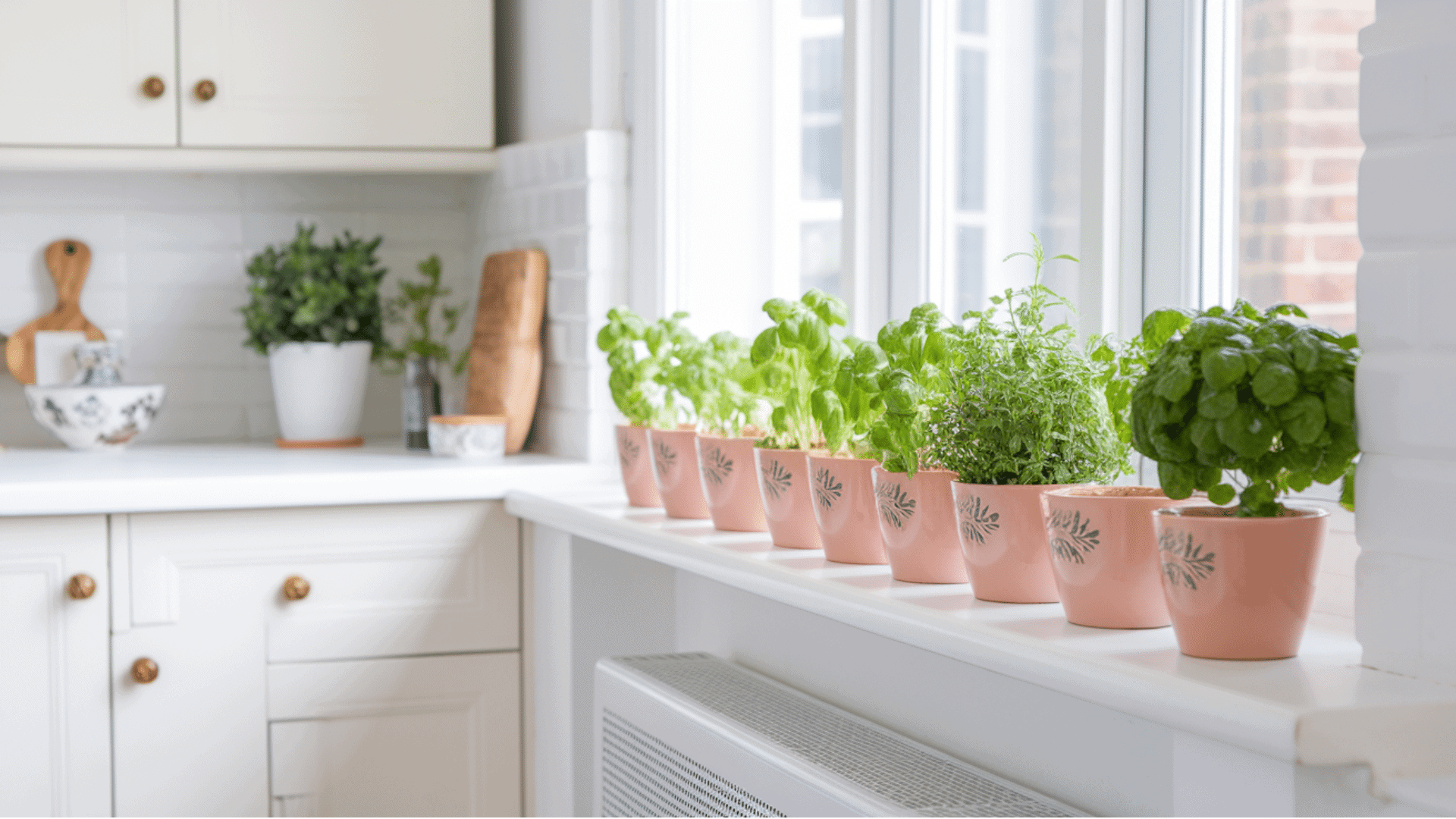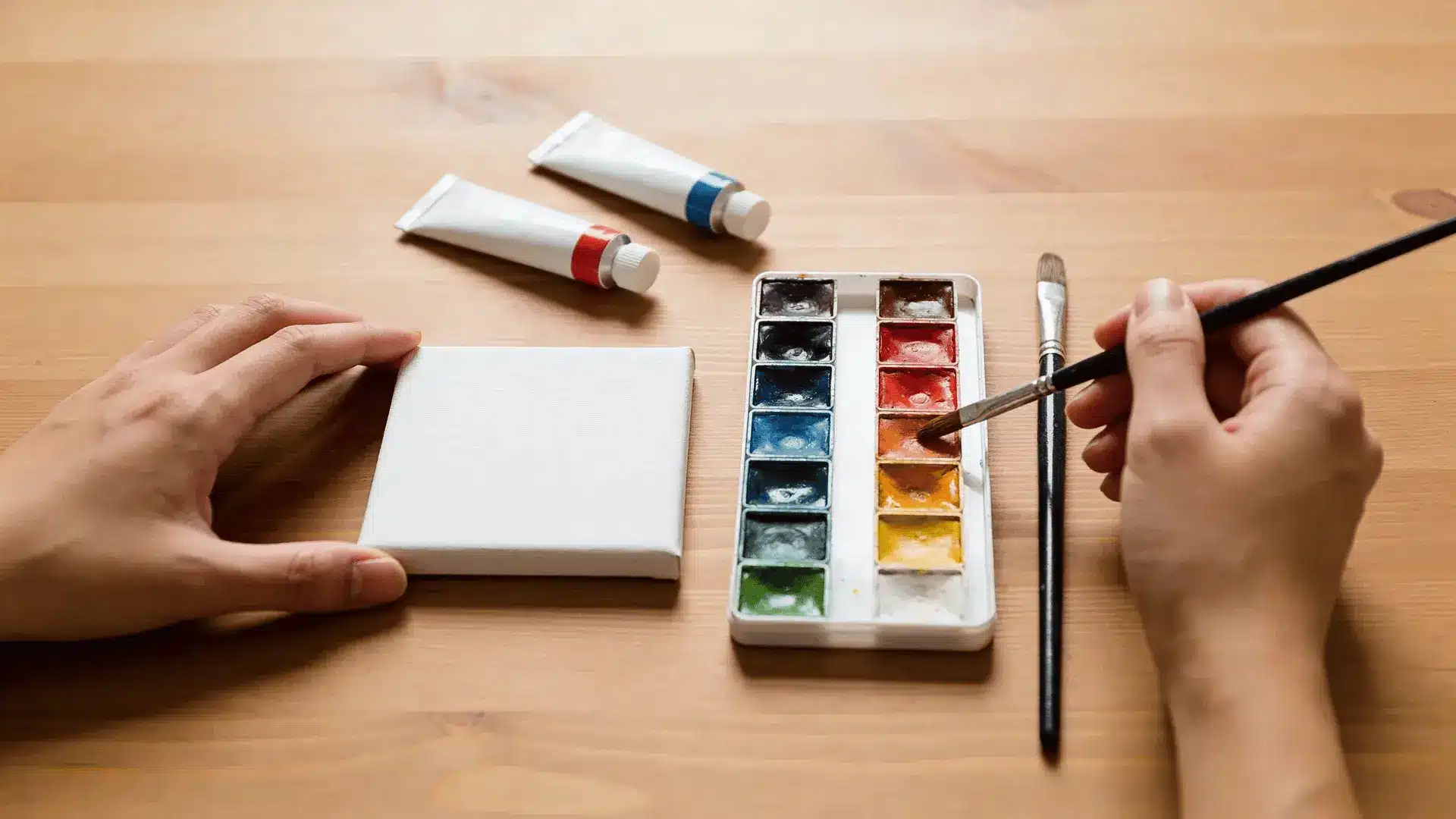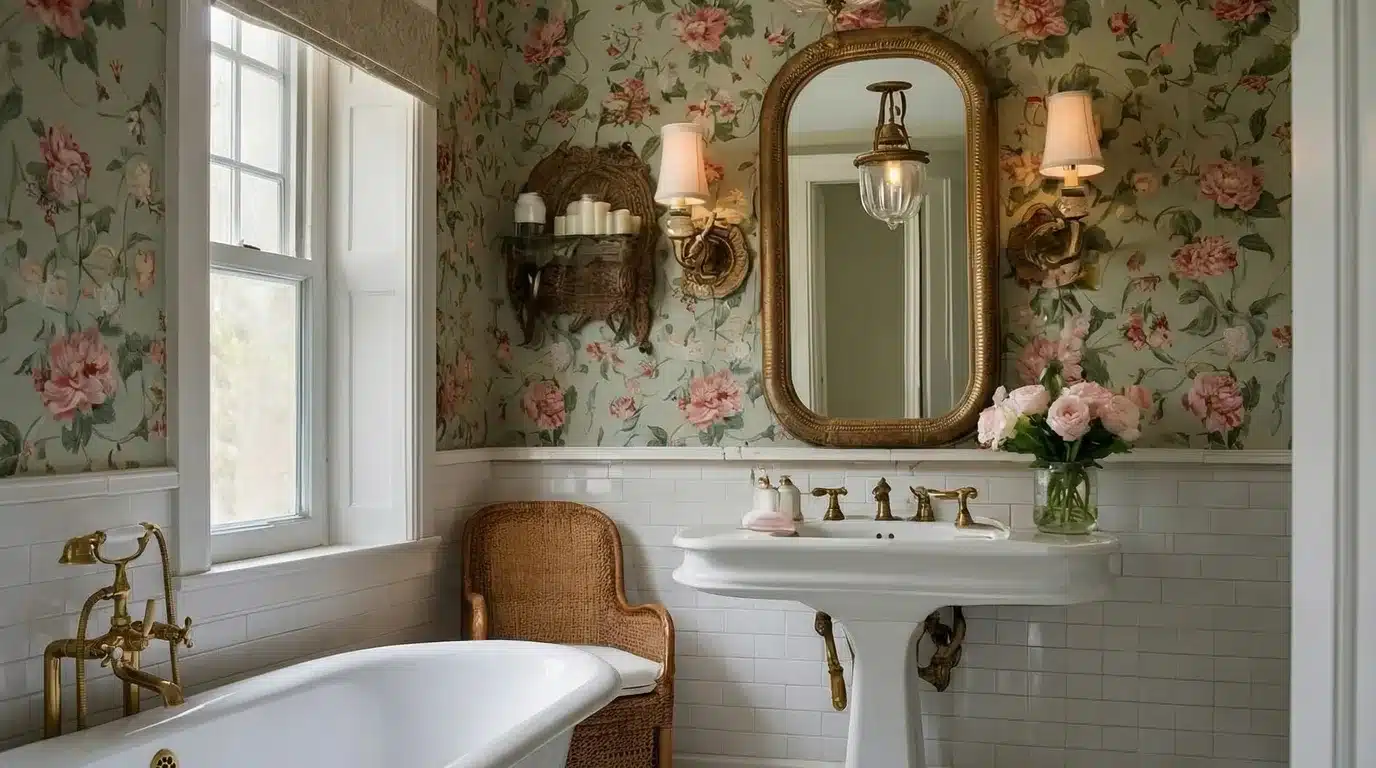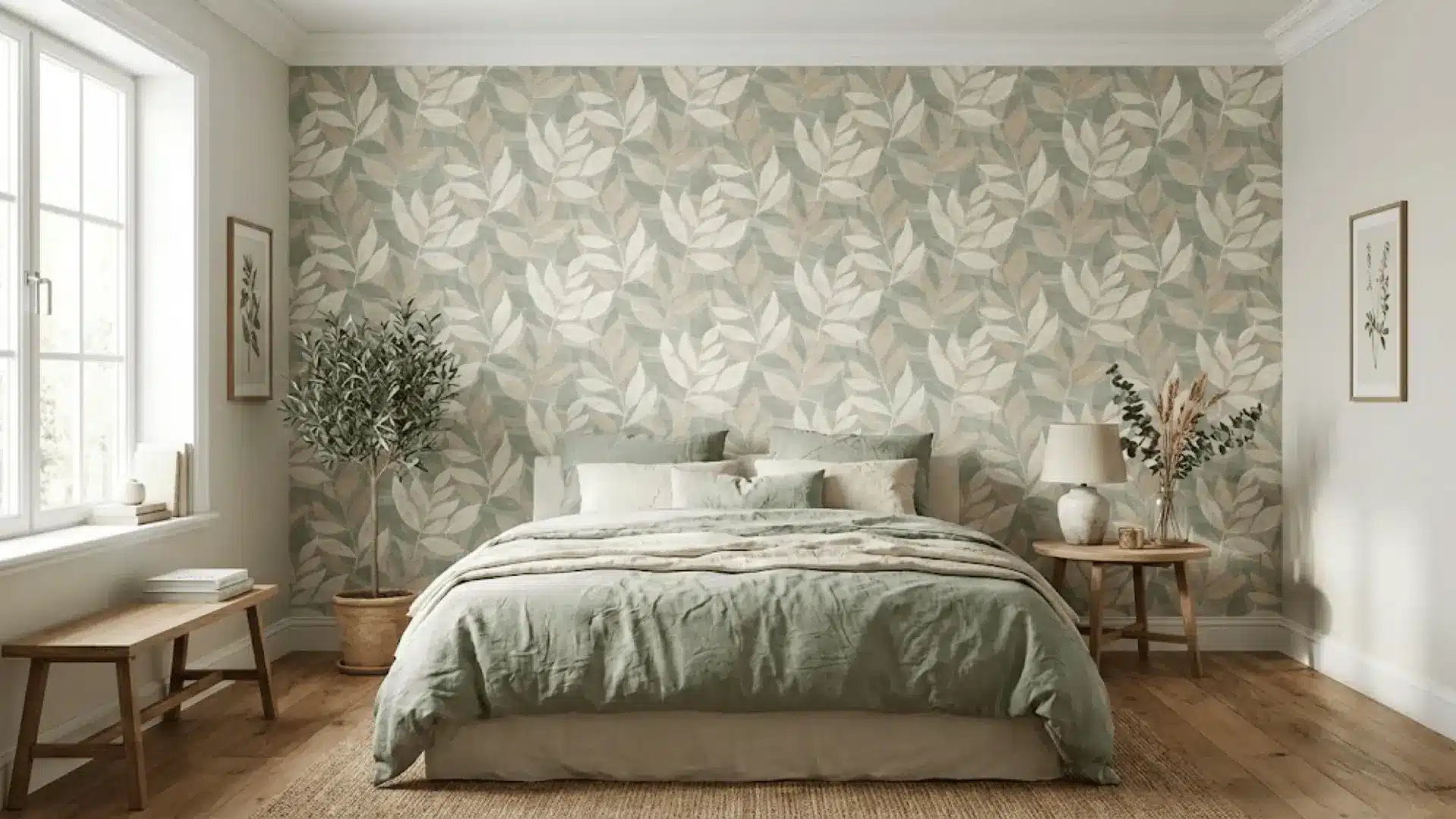Feng shui is an old Chinese practice that helps you arrange your home in a way that brings in good energy, also known as “chi.” One of the easiest ways to do this is by using plants. The right plants can make your space feel calm, balanced, and alive.
Some are even believed to bring luck, health, or wealth. In this article, you’ll learn why plants are important in feng shui, which ones work best, where to place them, and which ones to avoid. You don’t need to know much about feng shui to start.
This guide offers straightforward and concise tips to enhance your home’s ambiance. Whether you’re looking for a peaceful retreat or a boost of fresh energy, these plant ideas can help. You’ll find answers that are easy to follow and based on trusted advice.
What Are Feng Shui Plants?

Feng shui plants are indoor plants used to improve the energy in your home. In feng shui, everything around you can affect how you feel. Plants are one of the easiest tools to use. They bring life, color, and movement into a space. Here’s what they do
Symbol of Life: In feng shui, plants are seen as a strong symbol of life. They represent growth, fresh starts, and innovative ideas. When you place a plant in your home, it brings in a sense of something living and active. It helps the space feel more alive and connected to the natural world.
Air Cleaners: Feng Shui plants offer a natural and effective way to purify the air in your indoor environment. These plants effectively remove dust and toxins from the air. They not only absorb contaminants like formaldehyde, benzene, and allergens, but also release fresh oxygen into your living space.
Mood Boosters: Feng Shui practices can transform your home into a calm and welcoming sanctuary. By thoughtfully arranging your living spaces, Feng Shui helps create a balanced and soothing environment that naturally lowers stress levels and promotes relaxation.
Energy movers: Feng Shui helps circulate positive energy throughout your home, creating harmony and balance in every room. By strategically placing Feng Shui elements, you can effectively fill in empty or unused spaces, eliminating feelings of stagnation or neglect.
What Are the Rules of Feng Shui?
Feng Shui is about creating balance and positive energy in your home. Start by clearing clutter, as a mess blocks the flow of Chi and creates stress. Keep important areas, such as your entryway and bedroom, clean and uncluttered.
Use the command position by placing your bed, desk, or stove where you can see the door without being directly in line with it—this makes you feel safe and in control.
Bring balance by using the five elements: wood (plants), fire (candles), earth (ceramics), metal (frames), and water (mirrors or fountains). You can also follow the Bagua Map, which divides your home into energy zones, such as wealth, love, and health.
Let in natural light and fresh air to keep energy fresh. Fix anything broken, like leaky taps or squeaky doors—they block progress. Place mirrors wisely—never directly across from your bed or in cluttered areas.
Keep your entryway clear and welcoming, as it’s the main source of energy flow. And finally, add natural elements, such as plants or wood, to keep your space peaceful and grounded.
Top Feng Shui Plants for Your Home
These plants do more than look nice—they help create a peaceful and positive space. In Feng Shui, plants are living energy. They can enhance the flow of Chi (life force) and support your goals, such as improving your health, cultivating love, or achieving success. The right plant in the right spot may bring calm, focus, or even better luck.
Whether you live in a large house or a small apartment, adding plants is an easy way to enhance the ambiance of your home. Each plant has its meaning and power. Some attract money, others offer protection, or help clean the air. Keep them healthy, place them with care, and they’ll do the rest.
1. Lucky Bamboo (Dracaena sanderiana)
This plant is a symbol of strength, flexibility, and balance. It is very simple to grow in just water, using a few pebbles as a medium. You can place it in areas where you want to bring in calmness and positive energy. Good spots include desks, entryways, or small corners at home. Its easy care makes it a smart choice for both beginners and busy people.
2. Money Tree (Pachira aquatica)
The braided trunk and wide green leaves of this plant are believed to bring wealth and good luck. It grows best when kept in bright, indirect light and when given a steady daily routine. Try placing it in the southeast corner of your home for the best effect. Be careful not to overwater it, as excessive water can harm the roots and weaken the plant.
3. Jade Plant (Crassula ovata)
This plant has small, round leaves that look like coins, which is why many people link it to money and success. It is a succulent, meaning it can live with very little water. Place it near a sunny window where it can receive ample natural light. It is a great choice for home offices, where you want a simple and low-maintenance plant.
4. Snake Plant (Sansevieria trifasciata)
This strong plant grows upright and tall, with leaves that look like sharp swords. It is known for cleaning the air and is very easy to care for, even if you forget to water it sometimes. Many believe it helps keep away bad energy from your space. It fits well in corners, entryways, or rooms with low light, where many other plants may not survive. You can even use it as a privacy fence outside!
5. Peace Lily (Spathiphyllum)
This plant features dark green leaves and small white flowers, which bring a sense of calm and peace to any room. It also helps by filtering indoor air, making the space feel fresh and clean. It grows well even in shady areas and needs only simple care. Place it in bedrooms, living rooms, or other quiet spaces where you want a little extra comfort.
6. Orchid (Orchidaceae)
Orchids are known for their soft beauty and are often linked to love, grace, and fresh starts. They can bloom for a long time when given the right care, such as steady warmth and gentle light. Place them in a warm, bright spot where they can grow without trouble. They are a good choice for bedrooms or quiet, cozy corners where you want a calm feeling.
7. Rubber Plant (Ficus elastica)
This plant has large, shiny leaves that give it a full and healthy appearance. Its round shape aligns with Feng Shui principles of wealth and wholeness. It needs moderate light and a little space to reach its full size. You can place it in corners or near the front door to welcome good energy. Regularly wiping its leaves helps keep it looking fresh and allows it to breathe more effectively.
8. Calathea
This plant is known for its bold leaves, which feature unique patterns that fold up at night, resembling hands in prayer. It brings a feeling of freshness and light energy into any room. Calatheas thrive best in filtered light and require consistent moisture to remain healthy. They are a good fit for quiet rooms, reading corners, or any calm spot in the home.
9. Air Plants (Tillandsia)
These plants grow without soil, requiring only air, a light mist of water, and some light to stay healthy. Their floating look adds a sense of creativity and freedom to any space. They work well in bathrooms or small kitchens where space is limited. You can hang them in glass holders, shells, or other simple containers for a natural, easy display.
10. Ficus Ginseng (Ficus microcarpa)
This bonsai-style plant features thick roots and small, soft-looking leaves. It stands for wisdom, health, and a long life. You can keep it where you work or study to help you focus and feel calm. It thrives best in bright light and requires regular watering to remain healthy. Trimming it once in a while helps keep its shape neat and healthy.
11. Banana Plant (Musa spp.)
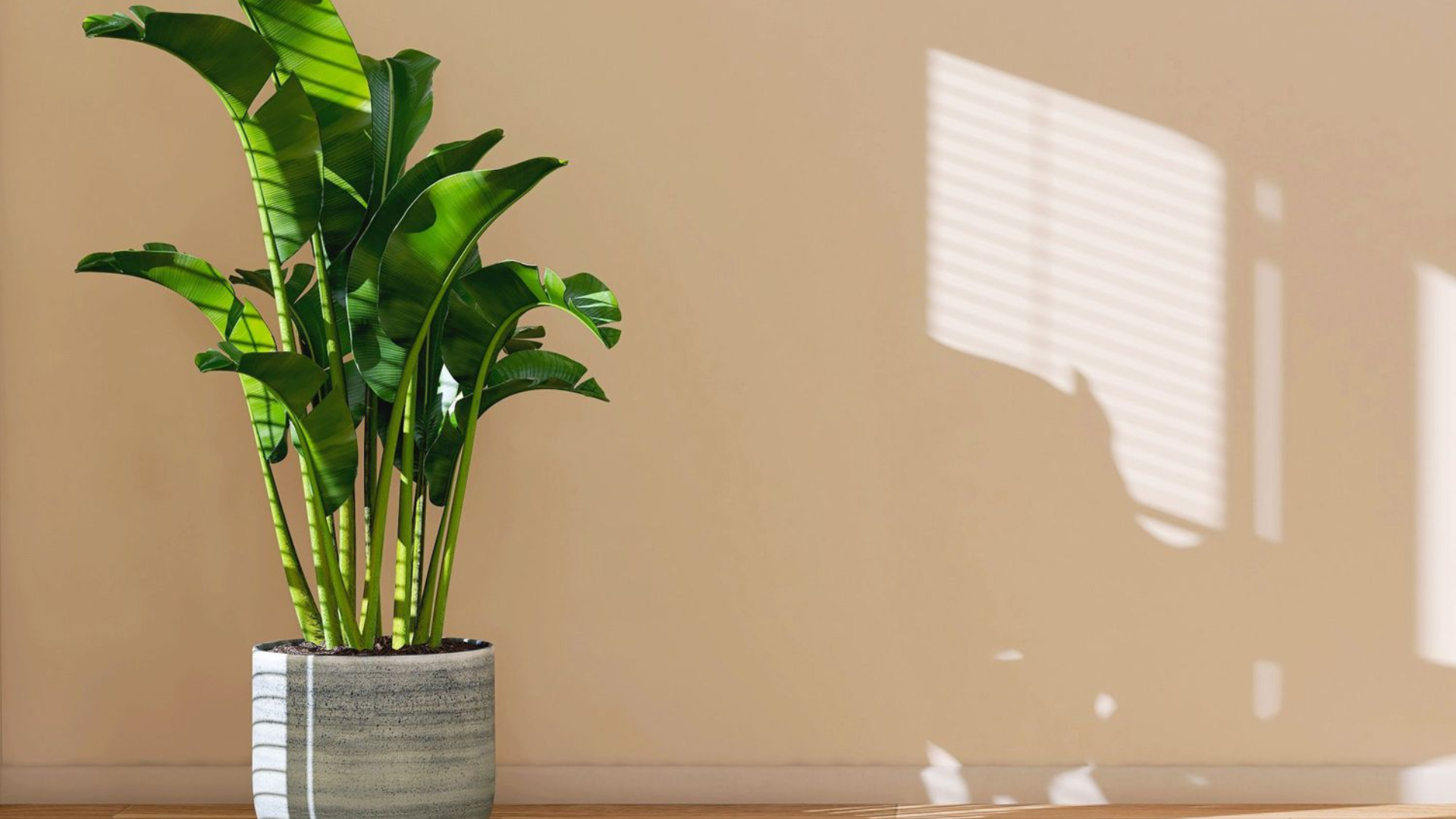
This plant features large leaves that evoke a sense of tropical warmth and vigorous growth. It is bold and quickly fills up empty spaces, making the room feel more lively. It requires ample light and regular watering to remain healthy indoors. It grows best in open, sunny rooms where it can stretch out. Wiping the leaves every week helps the plant soak in more light and stay fresh.
12. Spider Plant (Chlorophytum comosum)
This plant has arching leaves and small baby plants that hang down like little spiders. It is a natural air cleaner and is often seen as a symbol of health and freshness. It is easy to grow, even for beginners with limited gardening experience. You can place it in kitchens, bathrooms, or hanging baskets where it has space to trail. Mist it once in a while to keep the leaves green and healthy.
13. Parlor Palm (Chamaedorea elegans)
This soft, slow-growing palm brings a feeling of peace and freshness into any room. It performs well in low light and is safe for pets, making it a suitable choice for many homes. You can place it in the corners of bedrooms, hallways, or other quiet spaces. It also helps to soften sharp edges from furniture, which is important in Feng Shui. Gently dusting its leaves keeps them healthy and bright.
14. Aloe Vera
Aloe Vera is known for its healing sap and the feeling of protection it brings to a space. It grows best in full sun and well-drained soil, making it ideal for a bright windowsill. Many believe it can help clear negative energy from the home. You can also use its gel to soothe small cuts and burns. Allow the soil to dry completely between waterings to keep the plant healthy.
15. Basil (Ocimum basilicum)
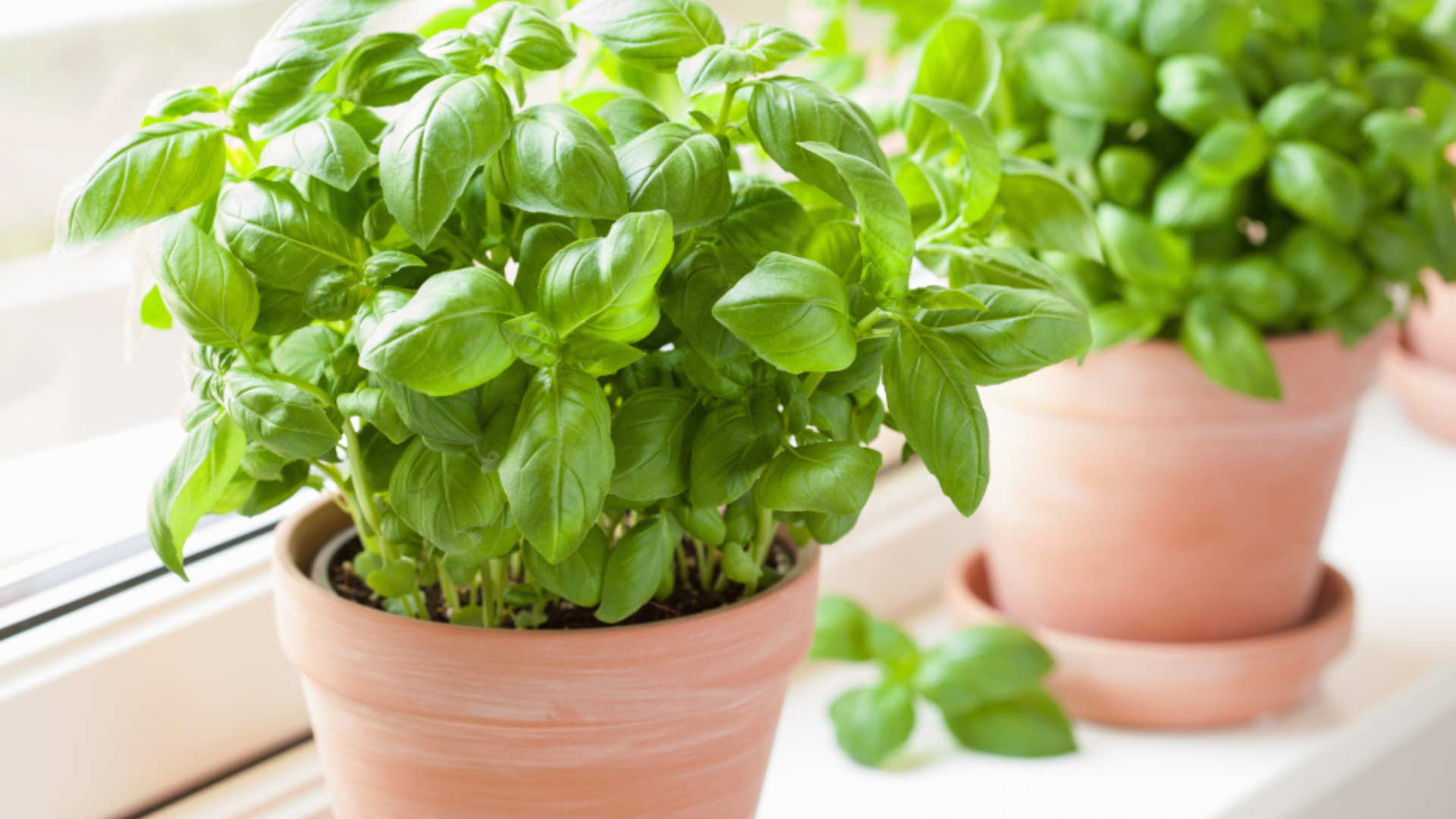
This fragrant herb is often linked to love and abundance. Fresh basil grows well on kitchen windowsills where it can get bright, steady light. You can add its leaves to your cooking for extra flavor and a bit of energy. Placing a basil plant near your door is said to welcome good luck into your home. Trim the leaves often to keep the plant full and healthy.
16. Lavender (Lavandula)
Lavender has a calm, gentle scent that can make any space feel more peaceful. It is often connected to rest, emotional healing, and a sense of quiet comfort. Place it in your bedroom, meditation space, or a cozy reading corner to enjoy its soft smell. Lavender requires ample sunlight and good airflow to thrive. Pruning the flowers periodically helps the plant stay healthy and vibrant.
17. Orange Tree (Citrus sinensis)
This vibrant fruit tree is often regarded as a symbol of happiness and prosperity. Its round, orange fruits are linked to completeness and success in many cultures. It requires ample sunlight and regular care to thrive indoors. You can place it near an entryway or a sunny window where it gets enough light. Gently wipe the leaves to help them absorb sunlight more effectively and remain healthy.
18. Philodendron Heartleaf
The Philodendron Heartleaf is cherished for its soft, heart-shaped leaves, which symbolize love and emotional connection. It emits a gentle, caring energy that can help strengthen relationships and evoke a sense of peace. This plant thrives in bright, indirect light and requires moderate watering to remain healthy. You can place it in living rooms, bedrooms, or any other area where you want to create a calm and welcoming atmosphere.
19. Golden Pothos
The Golden Pothos is known for its ability to attract wealth and clear negative energy from a space. Its trailing vines and heart-shaped, golden-green leaves stand for abundance and strong life energy. It also helps clean the air, making it a healthy choice for homes. This plant grows well with indirect light and does not need much care. Place it on shelves or in hanging baskets to let its vines grow freely.
20. Peacock Plant (Calathea roseopicta)
Peacock Plant plants are known for bringing a sense of stability and helping create a strong foundation for growth and success. Their calming nature makes them a great choice for indoor spaces that require a peaceful atmosphere. Place them where they get medium to bright, indirect light, along with high humidity and steady warmth. Water them once or twice a week to keep them healthy. Gently wiping the leaves can also help them stay clean and strong.
21. Fittonia
Fittonia albivenis is known for promoting positive energy and bringing good luck into a space. It is believed to help open new paths and support overcoming daily challenges. Since it is a pet-friendly plant, it is a safe and smart choice for homes with animals. Place it in a location that receives bright, indirect sunlight and has high humidity. Water it every 3–4 days during summer, and once a week in winter to keep it healthy and strong.
Where to Place Your Plants?
Plants do more than decorate a room. They help clean the air, boost your mood, and shift the energy in your home. But for the best effect, where you place them matters. Here’s how to make the most of your plants in each room.
Living Room
To make a space feel more inviting, place large plants in empty corners. This helps soften the room and adds life without overwhelming it. For smaller plants, consider using them on coffee tables, shelves, or stands.
They are perfect for adding a touch of greenery in the right spots. Remember to avoid blocking paths or windows. Keep it simple by using 2 to 3 plants, which helps maintain a clean and balanced look.
Bedroom
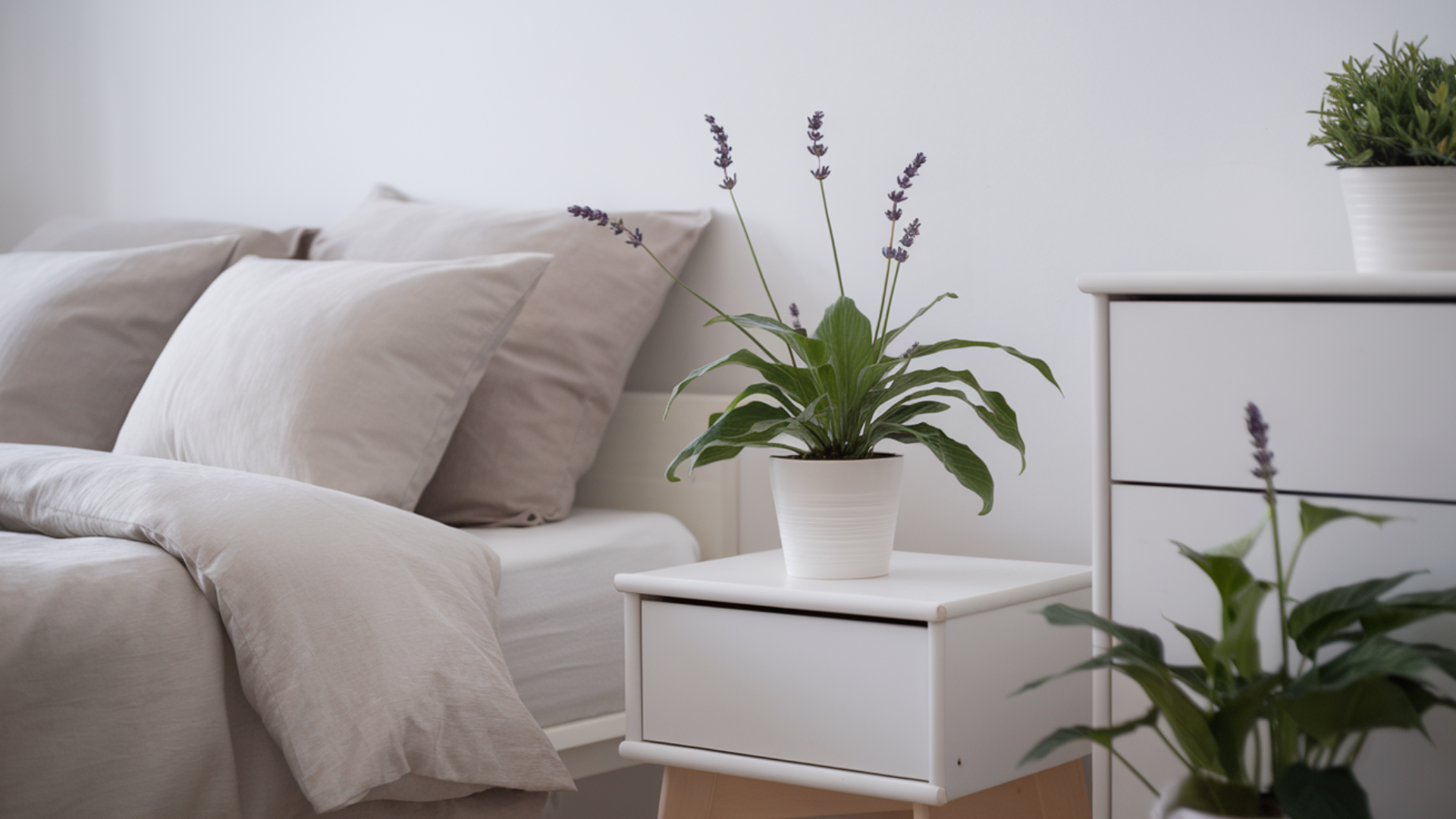
Select calming plants, such as peace lilies or lavender, to create a peaceful atmosphere. A single plant on a nightstand or dresser can make a subtle but soothing statement.
It’s essential not to overcrowd the space—1 or 2 plants are ideal for maintaining balance. Also, avoid plants with strong scents or sharp leaves, as they can be distracting or uncomfortable.
Kitchen
Place small herbs, such as basil or mint, on the windowsill where they can receive plenty of sunlight. Keep these plants away from heat sources or areas where water might splash.
Select upright plants that don’t spread too widely, so they remain neat and compact. To save space, group them in small pots that can easily fit together.
Bathroom
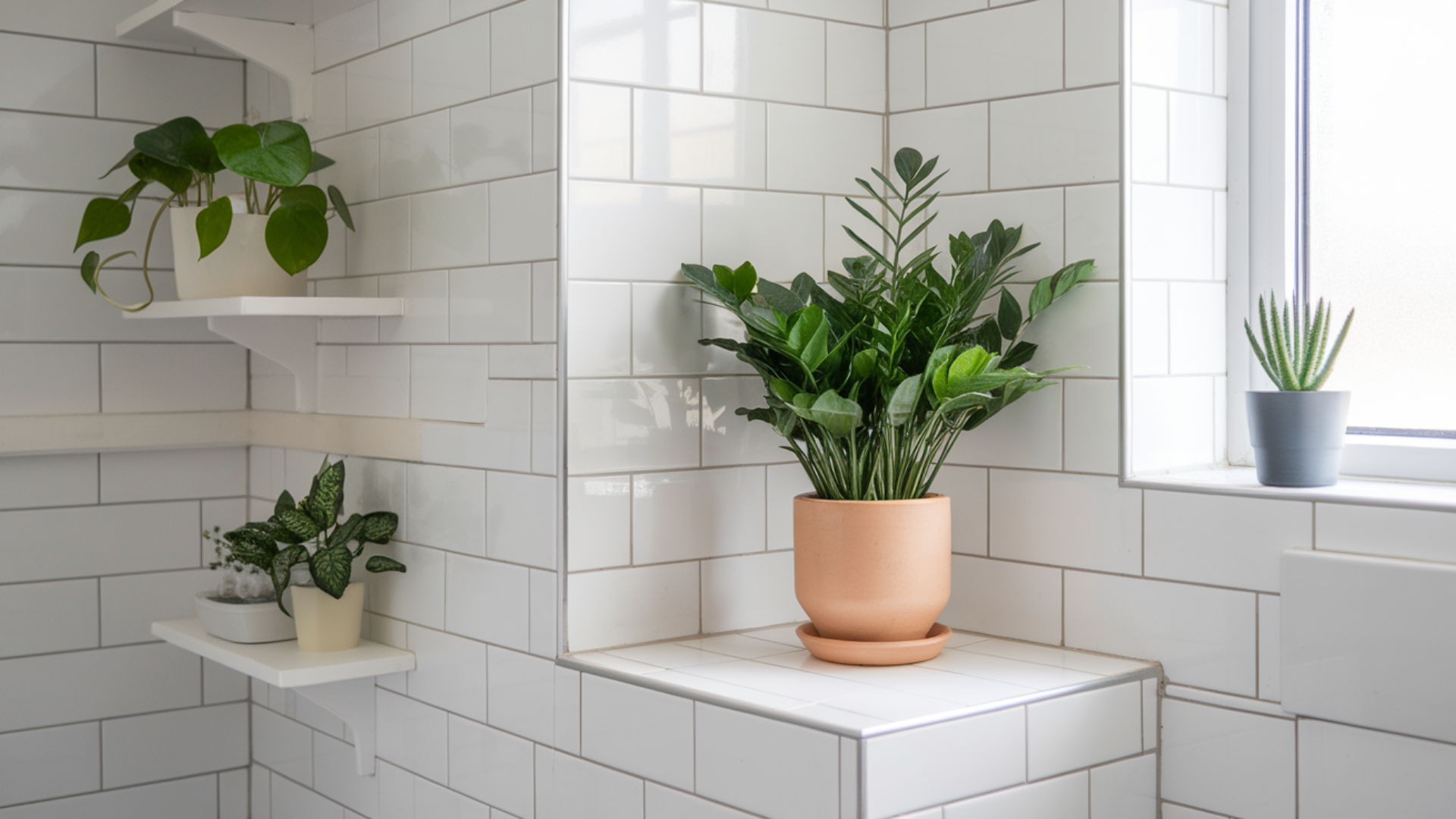
Opt for plants that thrive in humidity, such as pothos or ferns. These plants do well in areas with moisture, making them perfect for places like shelves, ledges, or near a window.
If your space lacks natural light, consider a low-light plant, such as the ZZ plant. Keep your plant setup fresh and minimal, focusing on a few key pieces rather than overcrowding.
Home Office
Choose focus-friendly plants, such as jade or snake plants, to create a calming environment. Place one near your desk or in the back corner of the room to minimize distractions.
Avoid plants with a strong smell or those that drop leaves, as they can be distracting. Opt for plants that need minimal care to make maintenance easier and keep your space tidy.
Plants to Avoid in Feng Shui
Not all plants are good for Feng Shui. Some can block energy or send the wrong message. Here are more plants to skip, and why they might not work well in your space:
- Cactus: Cactus plants are sharp and spiky, which can lead to stressful energy or tension in your space. It’s best to avoid placing them in bedrooms, near the front door, or in areas where you spend a lot of time, such as living spaces.
- Dead or Dying Plants: Dead leaves and dry soil are signs of stagnant energy. These plants symbolize neglect, loss, or a lack of care, which can make a room feel heavy or sad.
- Too Many Plants: Too much of anything can cause an imbalance in your space. When there are too many plants, Chi (the flow of energy) can’t move freely, which can create a sense of confusion or overwhelm.
Conclusion
Feng Shui plants are an easy way to bring balance and positive energy into your home. When placed correctly, they can enhance mood, promote peace, and even attract good fortune. Each room benefits from a different type of plant.
Calming plants are best suited for the bedroom, while herbs bring fresh energy to the kitchen. In bathrooms, moisture-loving plants help balance the space. In your home office, focus-boosting plants like snake plant or jade support clear thinking.
It’s important to place plants wisely and avoid overcrowding. Too many plants can block energy and create stress. Dead or dying plants should be removed, as they lower the energy of the room. Select soft, rounded shapes and maintain the health of each plant.
Even one or two plants can make a big difference when used with care. With the right plants and thoughtful placement, your home can feel calmer, brighter, and more connected. Feng Shui is simple, and with plants, it’s a great place to start.











